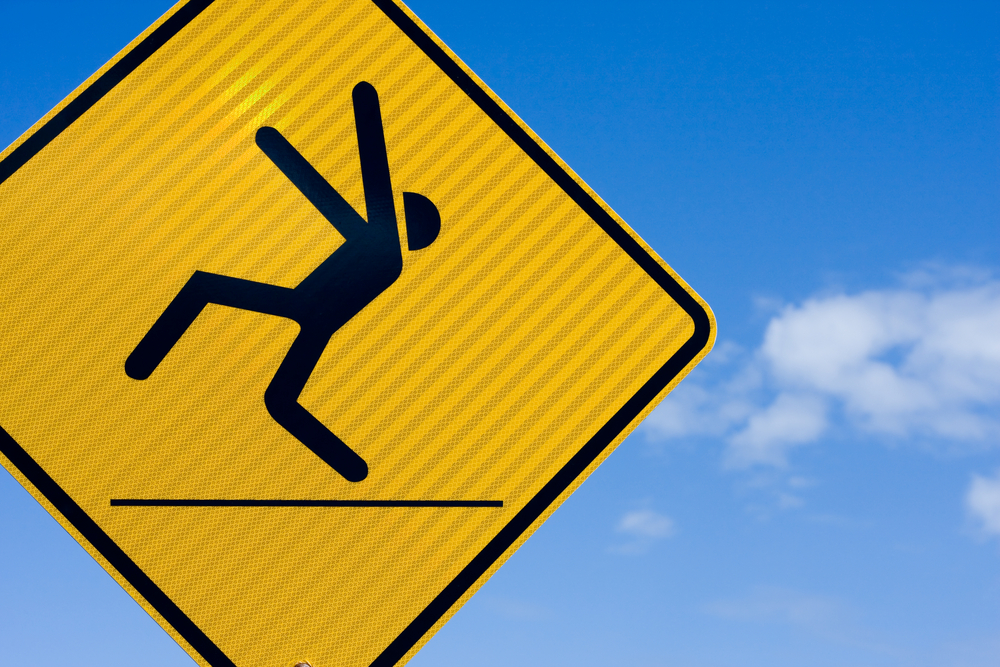 You have the right to feel safe, and be safe, when you visit the residential or commercial property of another person or entity. Unfortunately, wet spots on floors, loose stair railings, uneven walkways, and other hazards often cause dangerous slip-and-fall accidents. These incidents cause brain injuries, broken bones, nerve damage, and other injuries that are either permanent or seriously debilitating. How does an attorney build a successful negligence case after such incidents?
You have the right to feel safe, and be safe, when you visit the residential or commercial property of another person or entity. Unfortunately, wet spots on floors, loose stair railings, uneven walkways, and other hazards often cause dangerous slip-and-fall accidents. These incidents cause brain injuries, broken bones, nerve damage, and other injuries that are either permanent or seriously debilitating. How does an attorney build a successful negligence case after such incidents?Some courts apply a blanket duty of care in landowner liability cases that is similar to the duty imposed on motorists. But most courts still use a classification system that originally came from English common law. Under this analysis, most visitors fall into one of two categories:
A landowner generally owes no duty to trespassers, a term that may apply to election workers, door-to-door salespeople, and other persons who have no express or implied permission to be on the land. A duty of care does apply to frequent trespassers, such as a hunter who often wanders over the property line, and child trespassers (the “attractive nuisance” doctrine).
To establish breach of duty, the plaintiff must prove that the landowner knew, or should have known, about the dangerous condition, but failed to take appropriate remedial action. This point must often be established by circumstantial evidence, and believe it or not, the applicable rules even pertain to the color of a banana peel.
In Anjou v. Boston Elevated Railway Company (1911), Helen Anjou slipped and fell on a banana peel at the busy Dudley Street transit station in Boston. Almost all the witnesses at trial agreed that “every bit of [the peel] was black, there wasn’t a particle of yellow,” and it was “black, flattened out and gritty. . .flattened down, and black in color.”
The landowner argued that it did not know about the banana peel and therefore was not responsible for cleaning it up. The court not only disagreed but also set up a way to evaluate circumstantial evidence in these cases.
Victims in slip-and-fall cases are normally entitled to both economic damages, such as lost wages, and non-economic damages, such as emotional distress.
Slip-and-fall incidents cause serious injuries. For a free consultation with an aggressive personal injury lawyer in Schaumburg, contact our law firm. An attorney can arrange for victims to receive ongoing medical care, even if they have no money and no insurance.